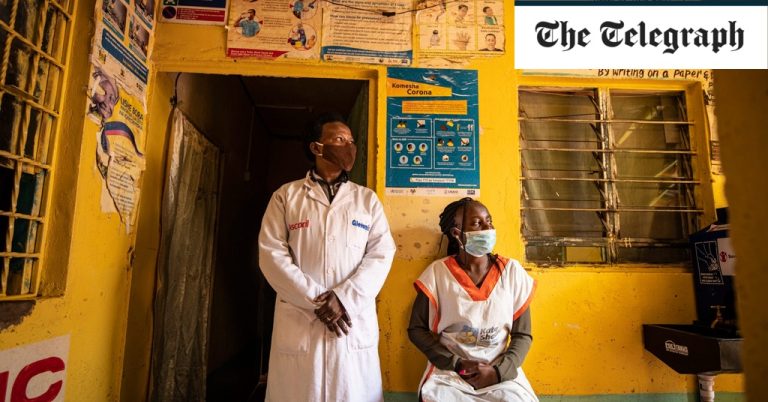World health is changing. The impacts of climate change, pandemics, and pollution are the defining health challenges of our time. Add to that the unstoppable rise of non-communicable diseases like heart disease, the continued threat of malaria, tuberculosis and HIV, and stubbornly high maternal and child mortality rate. Unsurprisingly, recent global gains made in life expectancy are now at risk.
To fight disease and ill health, proper universal health systems are required. And they need to be properly funded. For fast developing countries like Kenya, Ghana and Uganda, this means the way health care is structured and financed needs to shift.
The governments of Kenya and Norway have been leading a bold and unique process to rethink the way that the world approaches global health financing. The Lusaka Agenda, launched at the end of last year, highlights five changes that are needed.
First, there needs to be a shift towards community-led primary healthcare. Whether it’s blood pressure and weight check, routine immunisations, pregnancy, or family planning care – health clinics and healthcare professionals must be equipped to meet people’s lifetime health needs, close to home.
Second, all countries need to take control of their own health financing. Having multiple external actors running recurrent, isolated, health programmes in other countries is not a sustainable future. Where external funding is needed, donors need to align their financing behind country health plans and budgets – while supporting their priorities.
Using government systems, where feasible, will facilitate the sustainability of programmes. Further, while targets for health spending are blunt, they are a useful guide. Spending five per cent of GDP should be a minimum goal. The actual amounts spent, particularly in lower-income countries, are woefully inadequate.
Countries will need external support but must also be incentivised to put health on a path towards self-financing. That starts with a commitment to secure more of the national budget for health – at least 15 per cent.
Third, while not burdening countries with onerous requirements, we need a better way to track health needs and outcomes. This will allow us all to see how disease burdens are shifting, and where efforts need to be directed.
At the same time, national and international health indicators need to track inequity. A rosy picture of declining deaths and illness nationally can mask the reality of major disparities as the health of the poorest declines against improving health amongst the richest.
Fourth, the global health initiatives that are doing tremendous work supporting countries to build health system capacity and tackle diseases need to work more closely together to ensure efficiencies at scale and a focus on national priorities.
The Global Fund, Gavi and the Global Financing Facility for Women, Children and Adolescents are some of the best investments the global community has made in health. We must strengthen their ability to align with countries and work together as they flex to address the needs of today and tomorrow.
Finally, new health products must be fit for, and made available to, everyone. The Covid-19 pandemic put a spotlight on the unjust system when large swathes of the world were without vital medicines and vaccines when the richest had them in abundance. Countries everywhere need access to quality health products. And access isn’t just about price. Medical countermeasures need to be developed, and made available, with all countries – not just the rich world – involved and in mind.
None of these steps can be achieved in isolation. They will require collective effort across the global health ecosystem and include multilateral institutions like the UN and World Bank. What we have launched is an ambitious but achievable roadmap for change. There is no time to lose in embracing and acting on it. We commit to doing our share.
- Susan Nakhumicha Wafula is Cabinet Secretary for Kenya’s Ministry of Health; Anne Beathe Tvinnereim is Norway’s Minister of International Development
Protect yourself and your family by learning more about Global Health Security
